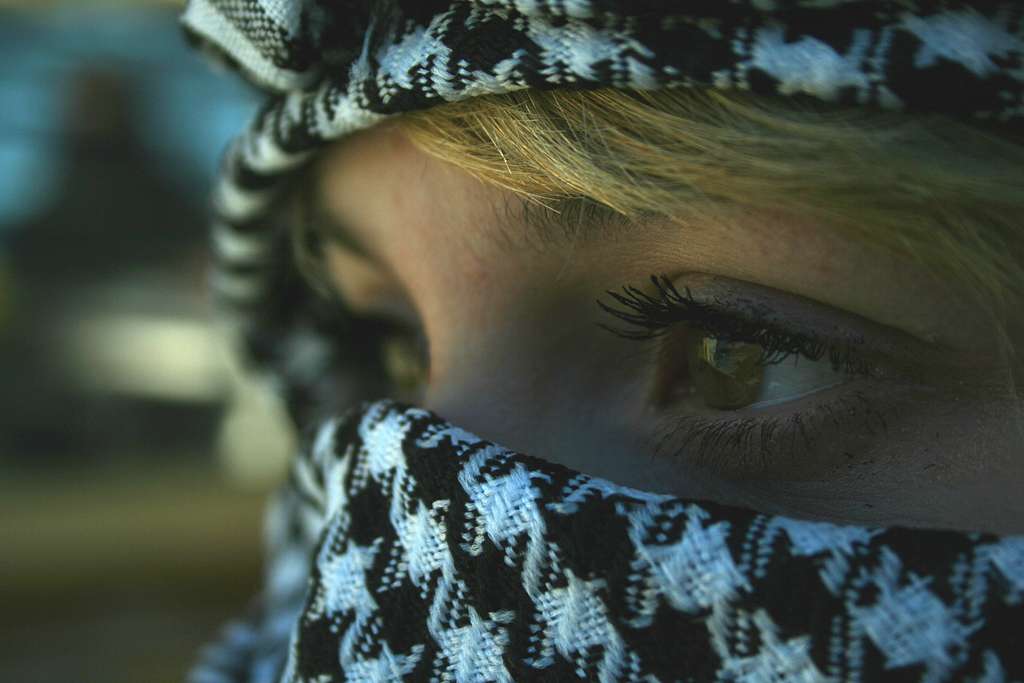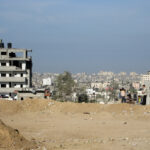
Some 50,000 women in Palestine’s Gaza Strip are pregnant – and they’re not sure what to do.
That’s according to the United Nations Population Fund, which looked into the matter amid the burgeoning war between Israel and Hamas. The death tolls are already catastrophic in and of themselves, with over 2,800 Palestinians killed in relentless Israeli air raids (as of publication) following a grisly attack by Islamic resistance movement Hamas that took the lives of about 1,400 Israelis.
Dominic Allen, the UNFPA’s Representative for the State of Palestine, called the entire situation a “double nightmare” for the tens of thousands of pregnant women living in the war zone, caught in the metaphorical – and literal – crosshairs.
“Imagine going through that process in those final stages and your last trimester before giving birth,” he said to CNN – “with possible complications, without clothing, without hygiene, support, and not sure about what the next day, next hour, next minute will bring for themselves and for their unborn child.”
One such individual, 28-year-old, eight-months-pregnant Khulood Khaled, told CNN about her decision to take herself and her 2-year-old son out of their home in a bid to escape the ongoing bombings. “We watched houses dropping as we drove, thinking we could die any minute,” she recalled – adding that, at one point, a bomb struck so close to her that she instinctively hugged her son, “so we’d die together.”
This is not the first time in recent history that pregnant women have borne an especially hard burden amid a national crisis. Last year, during Pakistan’s extreme floods, roughly 650,000 pregnant Pakistani women found themselves without necessary prenatal care. And in March 2022, a Ukrainian maternity hospital was bombed by Russian forces, taking one pregnant woman’s life and injuring – as well as traumatizing – several others.
As the fund’s Pakistan representative, Dr. Bakhtior Kadirov, noted at the time: “Pregnancies and childbirth can’t wait for emergencies or natural disasters to be over. This is when a woman and baby are vulnerable and need the most care.”
Khulood, who successfully fled to northern Gaza, admits she’s unsure of where she’ll give birth when the time comes – and it will come soon. Meanwhile, the World Health Organization warns that the nation’s healthcare infrastructure is nearing collapse, CNN reported.
“I’m scared. For my son, my unborn child and myself,” she says. “I don’t want to die. I want to see my son grow up … but there’s no life left here.”



